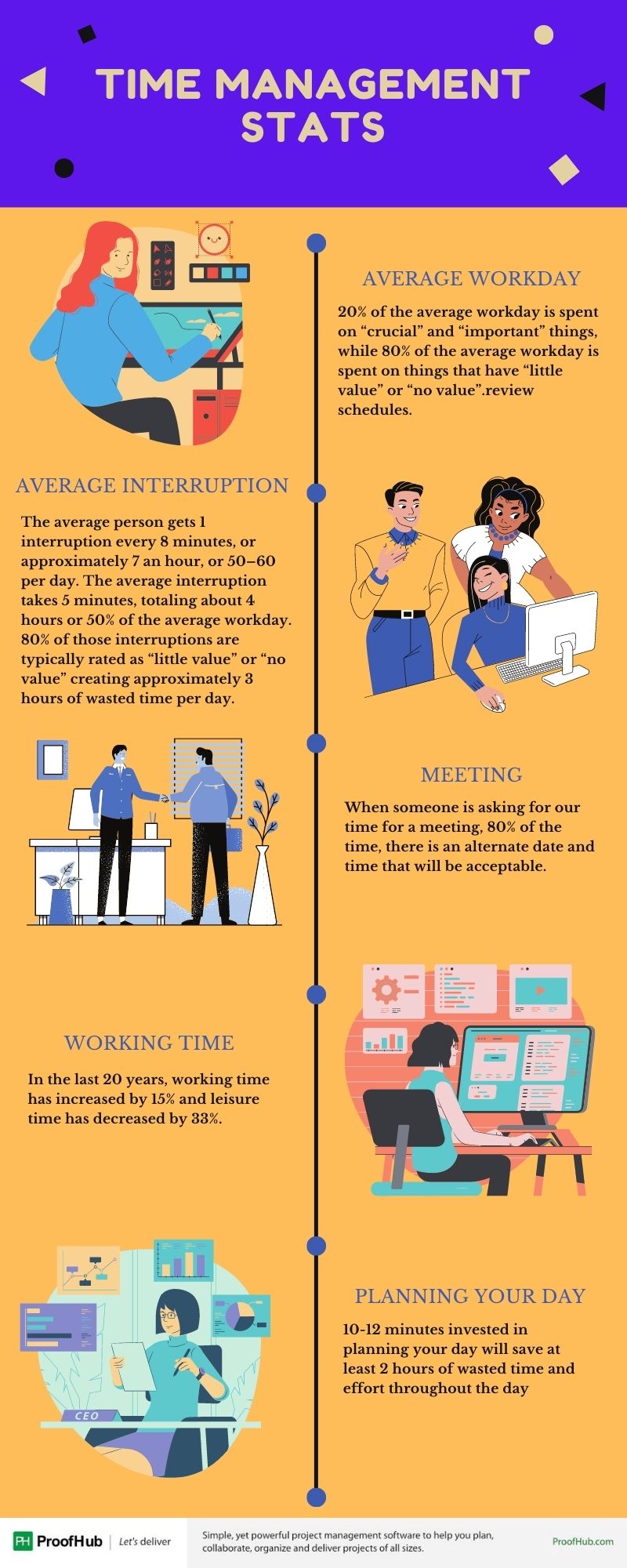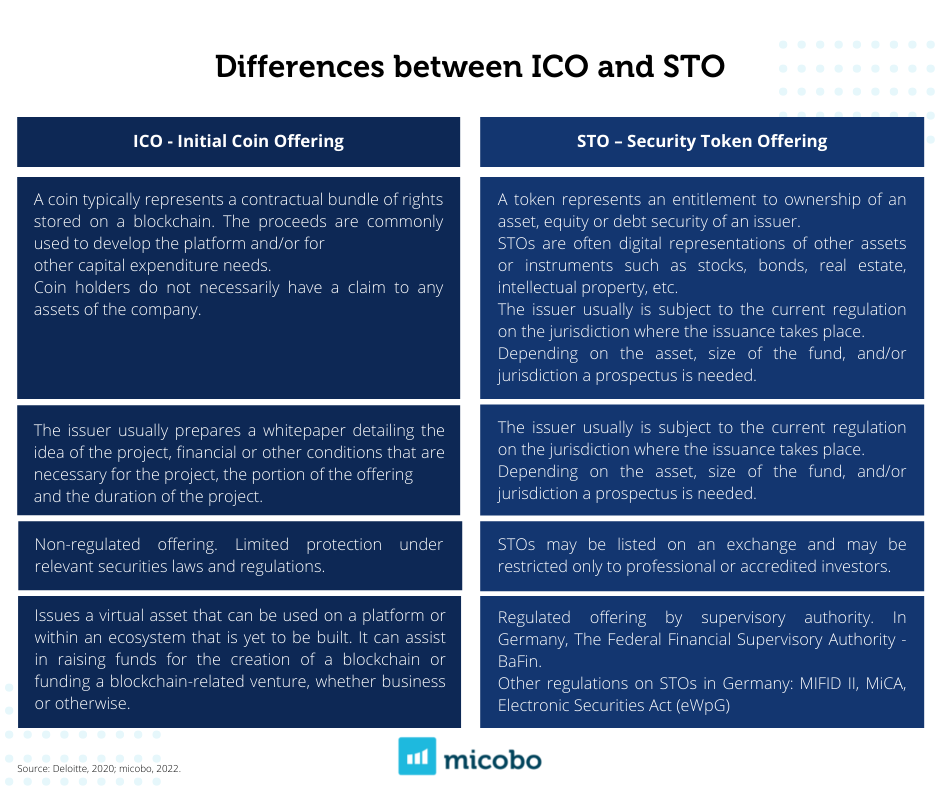The Psychology of Procrastination: Understanding and Overcoming the Thief of Time
Procrastination, colloquially known as the art of delaying or postponing tasks, has long piqued the interest of psychologists and researchers. It is a pervasive issue that cuts across various demographics, occupations, and personalities. As a complex psychological behavior, procrastination is not merely an innocuous habit of pushing off tasks to a later date but rather a consequential phenomenon affecting individuals’ productivity, mental health, and overall well-being.
At its core, procrastination involves knowingly delaying actions despite potential negative consequences. It's a tug-of-war between the logical part of the brain, the prefrontal cortex, which recognizes the importance of completing tasks, and the limbic system, the pleasure and reward center that often craves immediate gratification. This internal conflict often leads to a cycle of stress, guilt, and reduced achievement, accompanied by the temporary relief that comes from avoiding an unwelcome task.
The roots of procrastination are multifold, weaving through the threads of psychological theories and cognitive neuroscience. Early research in the field focused on time management, suggesting that poor planning was to blame. However, this explanation skimmed only the surface of the issue. Procrastination was soon unearthed to be more about regulating emotions than managing time. Tasks we postpone tend to evoke feelings of anxiety, insecurity, or boredom. Thus, avoidance becomes a coping mechanism for the discomfort associated with these tasks.
Further complicating the picture, modern life offers an unprecedented array of distractions that appeal to our propensity for procrastination. The rise of social media, the allure of streaming services, and the constant buzz of smartphones provide a perfect conduit for the perpetuation of procrastination. Every "ping" of a notification acts as a siren song, luring our attention away from important, yet perhaps less immediately rewarding, activities.
Understanding the problem, though, is only half the battle. Moving past procrastination requires strategic interventions that go beyond the simplistic “just do it” approach. Behavioral psychology offers insight into techniques that can help individuals break the cycle of delay. One such method is "time-boxing," which involves assigning specific blocks of time to work on tasks, helping to create structure and boundaries. This strategy can be bolstered by setting clear, achievable goals and breaking down larger tasks into more manageable sub-tasks.
Additionally, cognitive-behavioral therapy (CBT) techniques can be leveraged to reframe negative thoughts that contribute to procrastination. Self-forgiveness, positive reinforcement, and challenging irrational beliefs about perfectionism are all pivotal in the effort to change the procrastination narrative. The role of mindfulness, too, cannot be understated; by cultivating an awareness of the present moment, individuals can learn to notice when procrastination impulses arise and choose to redirect their focus.
Moreover, in the realm of personality psychology, traits such as conscientiousness and self-control are examined in relation to procrastination. Those with higher levels of conscientiousness tend to procrastinate less because they have a stronger predisposition toward diligence and self-discipline. On the other hand, impulsivity, a component of lower self-control, is associated with higher levels of procrastination, again linking back to the struggle between immediate and delayed rewards.
This article will delve deeper into the psychology behind procrastination, exploring not just why we procrastinate but also how to effectively address and mitigate its impact on our lives. Through the lens of psychology, from the broad theories to the nitty-gritty of neural circuits, we'll uncover the reasons behind this behavioral pattern and illuminate pathways to better productivity and mental health. Whether it's a student delaying an assignment, an employee putting off a report, or an individual avoiding a challenging conversation, the journey to overcoming procrastination is a relevant and compelling topic in today's fast-paced world.Continuing from our exploration of procrastination as a complex psychological behavior, we shall delve further into evidence-based strategies designed to help individuals combat this pervasive issue. Procrastination is not insurmountable; it can be understood, tackled, and transformed into a narrative of empowerment and self-discovery.
Strategic Approaches to Mitigating Procrastination
Understanding personal triggers is a critical step toward addressing procrastination. Each individual may have unique reasons or situations that precipitate avoidance behavior. It may be the dread of a complex project, fear of failure, or even fear of success. Self-reflection and journaling can aid in recognizing these triggers. Once they are identified, strategies such as problem-solving or seeking support can be employed to confront the underlying issues.
Institutional and technological tools may also provide support in the fight against procrastination. The Pomodoro Technique, for example, has gained popularity for its simple yet effective approach to managing work sessions. It involves working for a set amount of time, traditionally 25 minutes, followed by a short break. This not only makes tasks seem less daunting but also incorporates the element of reward after each work session, appeasing the limbic system's need for instant gratification.
To further enhance these strategies, developing a supportive environment is key. Nudging can be an effective strategy here. By altering the environment in subtle ways that make the desired behavior easier to enact, procrastinators can "nudge" themselves toward more productive habits. This might mean disabling social media notifications during certain hours, preparing a workspace free of distractions, or partnering with an accountability buddy who supports and encourages progress.
Progress, no matter how small, is progress nonetheless. Procrastination can often stem from an all-or-nothing mentality where anything short of complete success feels like failure. Instead, adopting a growth mindset, which values progress and learning over pure achievement, can reshape the approach to tasks. The growth mindset allows for self-compassion and the understanding that setbacks are not indicators of incompetence but rather opportunities for development.
Advanced Research Directions in Procrastination
The field of psychology continues to advance our understanding, delving into neurological studies that assess brain function and structure in chronic procrastinators. Advanced imaging techniques such as functional MRI (fMRI) are shedding light on how different brain regions associated with self-regulation and impulse control, like the prefrontal cortex, differ from those in non-procrastinators. Such research raises the possibility of targeted interventions that might one day recalibrate the cognitive mechanisms underlying procrastination.
Furthermore, the exploration of genetic influences on procrastination has emerged as a novel area of investigation. Twin studies, which compare similarities between identical and fraternal twins, can help parse out the environmental and hereditary contributions to procrastination. Results are leading to intriguing discussions about the nature-nurture interplay in shaping our tendency to procrastinate, and how personalized interventions could be developed.
Psychology's cross-disciplinary collaborations also offer hopeful prospects. Insights from behavioral economics, for example, have spotlighted concepts like hyperbolic discounting — the tendency to prefer smaller, immediate rewards over larger, later rewards. Understanding this principle is central to designing interventions that can help refocus our preference toward long-term benefits.
The Social and Global Implications of Procrastination
On the societal level, confronting procrastination is more than a personal struggle; it has implications for workplace productivity and economic vitality. Organizations are increasingly recognizing the importance of addressing employee procrastination, deploying workshops and productivity programs as a means to enhance performance and job satisfaction.
Globally, the consequences of collective procrastination, particularly in the face of urgent concerns like climate change, can be dire. It reflects how societies grapple with tasks that are critical yet seemingly distant in their impact. Psychologists are engaging in interdisciplinary work to understand and tackle this collective inaction, suggesting that the principles that apply to individual procrastination may offer insights at larger scales.
Conclusion: A Path Forward Through Understanding Procrastination
As we wrap up our exploration of procrastination, it becomes clear that while the behavior is universal, the solutions are highly individualized. Psychology does not offer a one-size-fits-all answer but rather a suite of tools that can be tailored to fit each person’s unique circumstances and psychological makeup.
Overcoming procrastination is a journey of personal improvement and self-awareness. It teaches us about our limitations, yes, but also about our inherent ability to overcome barriers through strategic effort and a deeper understanding of the human psyche. Recognizing procrastination as a multifaceted behavior influenced by emotional, cognitive, neurological, and social factors empowers us to address it head-on — not just for the sake of productivity but in the pursuit of a more fulfilled and proactive existence.
In this dynamic field, continuous research and self-experimentation are the keys to unlocking our potential. By embracing a compassionate, evidence-based approach to time management and self-regulation, we set the stage for making strides against the thief of time — not just as individuals, but as a collective that values action, progress, and the mindful stewardship of our most precious resource: time itself.


















Comments